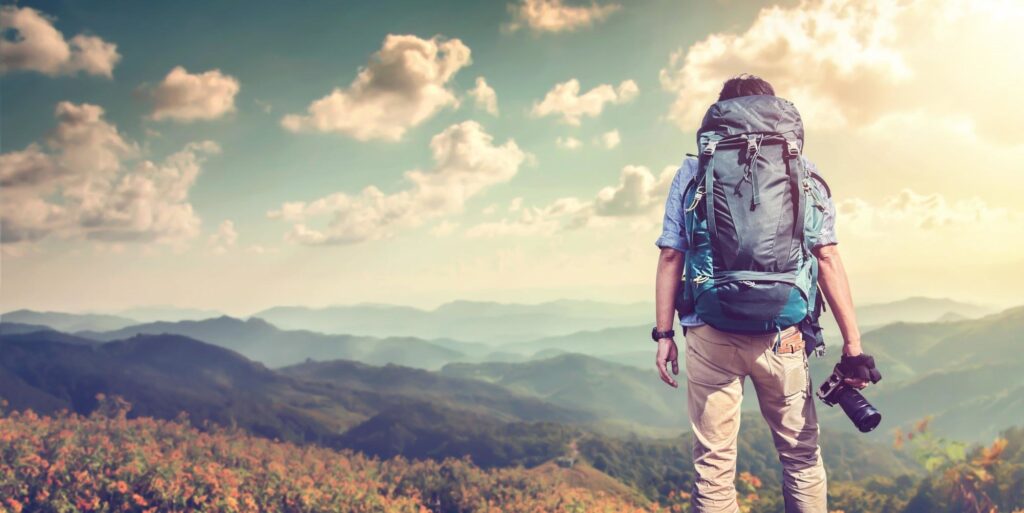
Thought you knew all about Canada? These incredible facts about Canada will make you see this country in a whole new way.
These less-known facts include Canada’s culture, history, and geography. If you happen to be a Canadian or a local, check this list as a lighthearted challenge – how well do you know Canada, your homeland? And for the rest of you, who want to study in Canada, these are takeaways of some quirky facts to satisfy your curiosity.
1. Santa is Canadian
Santa Claus is actually from Canada. Their post office receives millions of letters for Santa during the Christmas season, and “Mrs. Claus” responds to every one of them! Canada claimed Santa Claus’s address, North Pole, H0H0H0. In fact, The Citizenship and Immigration Minister declared that Santa Claus is Canadian officially.
2.Temperature as low as Mars
It’s not surprising to know that it can get pretty cold in the winters in Canada. The average low temperature in the month of January in Ottawa is -14.4 C (6.1 F). And that is pretty cold!
However, a recorded temperature in the year 1947 in Snag, Yukon will make it seem like a relaxing beach vacation for the rest of Canada’s winter weather. A temperature as low as -63 degrees celsius or -81.4 degrees Fahrenheit was recorded in the small village of Snag on 3rd February 1947. That is roughly the same as the temperature of the surface of Mars!
3. Northernmost Settlement in the world
Alert in Nunavut, is the world’s northernmost settlement. It is located at the tip of northern Ellesmere Island just 817 kilometers from the North Pole. Here you will find the permanently inhabited northernmost place in the world. Alert, Nunavut doesn’t have malls, shopping complexes, or movie theaters but Alert is the temporary home to scientists and military personnel working in the area. This is a temporary home because this place could get really cold in winter. The warmest temperature is in the month of July when the temperature is 3.4 degrees Celsius. But by the winter month of January, the coldest month, the temperature could get to -32.19 degrees Celsius. Thus they named it Alert.
4. Longest Coastline in the world
The mainland coast of Canada together with the islands of Cape Breton, Newfoundland, and Prince Edward Island is bordered by three oceans: the Atlantic, Arctic, and Pacific and has an oceanfront border measuring 125,567 miles (202,080 km). This is the longest coastline in the world.
5. National Parks in Canada are bigger than countries
Canada is so big that even its parks make other countries look small. If we talk about Nahanni National Park Reserve in the Northwest Territories, it is a massive 30,050 square kilometers, which makes it bigger than Albania and Israel. Wood Buffalo National Park in Alberta and the Northwest Territories is even bigger at a staggering 44,807 square kilometers, which makes it bigger than Denmark and Switzerland.
6. Canada has one-fifth of the world’s surface freshwater
Canada is a freshwater galore. Over two million lakes, streams, and rivers, which are located within Canada’s borders make up around 20% or one-fifth of the world’s freshwater resources.
7. Canada has 10% of the whole world forests
This is not a new fact that Canada’s got an abundance of trees. But actually, Canada boasts 30 percent of the world’s boreal forest and 10 percent of the total forest cover in the world. An astonishing 396.9 million hectares of forest and other wooded lands can be found across Canada.
8. There are more lakes in Canada than other countries of the world
Canada has the most number of lakes in the world. One of the most fascinating facts about Canada is that they have more surface area covered by lakes than any other country. You will be surprised to know that the Great White North has 563 lakes larger than 100 square kilometers. One more fact is that the Great Lakes contain about 18% of the fresh lake water in the world. And that is a lot of water, plus awesome scenery.
9. The world’s highest tides
The highest tides in the world are at the Bay of Fundy in New Brunswick. The tidal range can go up to 38 feet (12 meters) and tides flow in and out twice a day.
10. First World Heritage SiteQuebec’s fortifications are built more than 300 years ago. Quebec is the only fortified city in the country but also the first city to become a UNESCO World Heritage Site.


